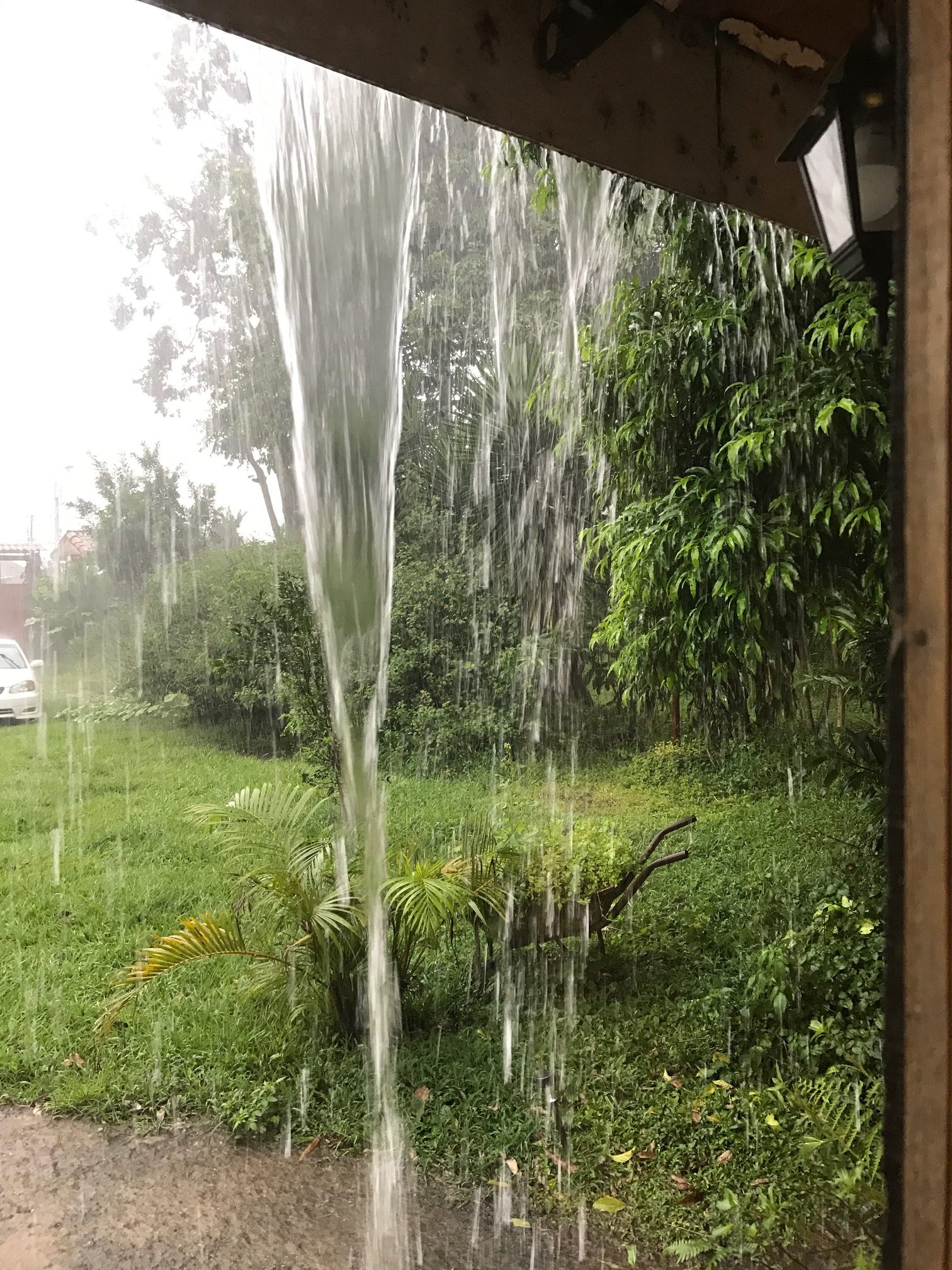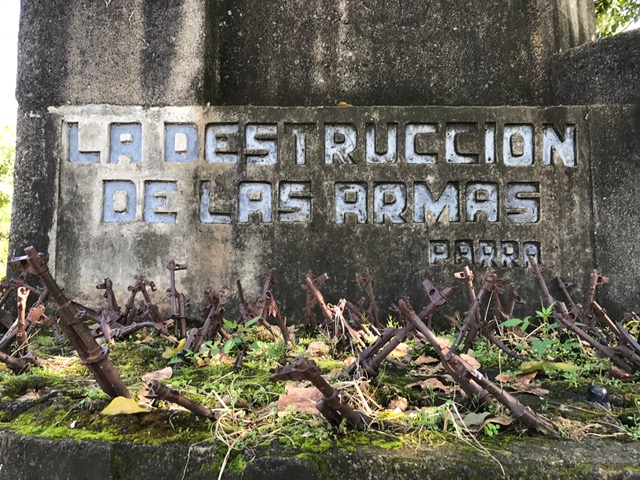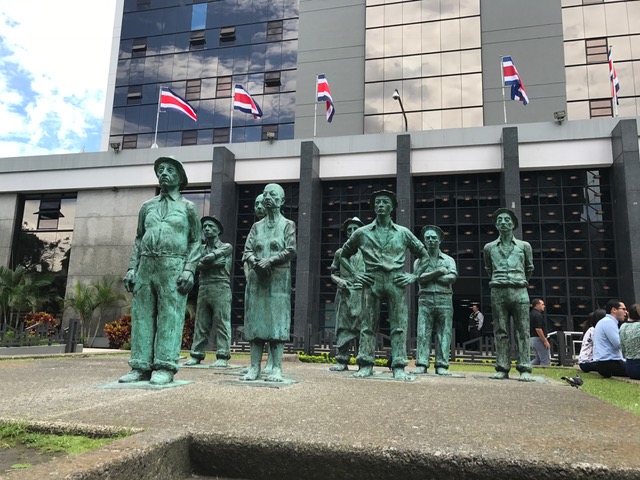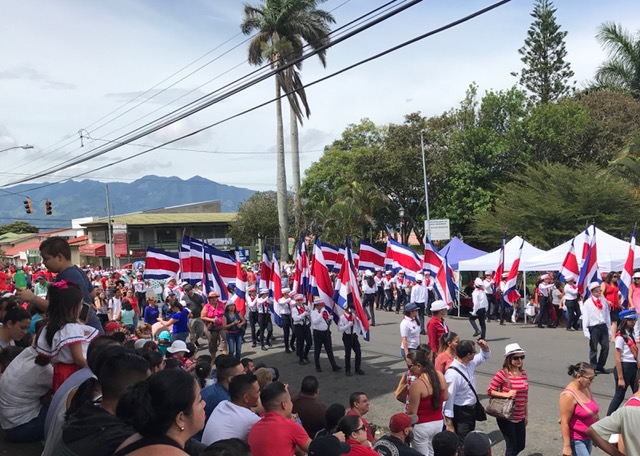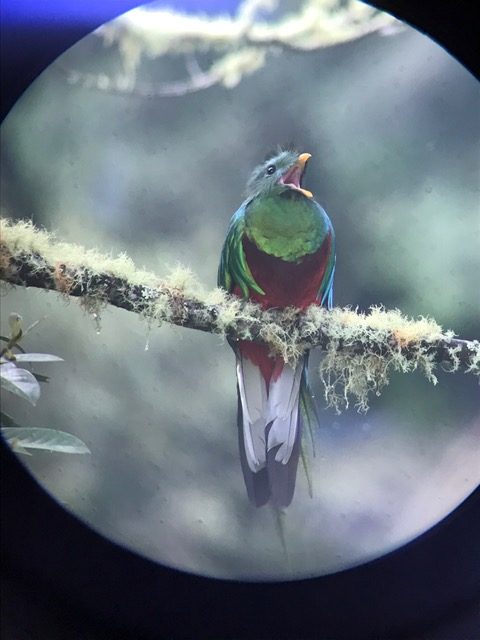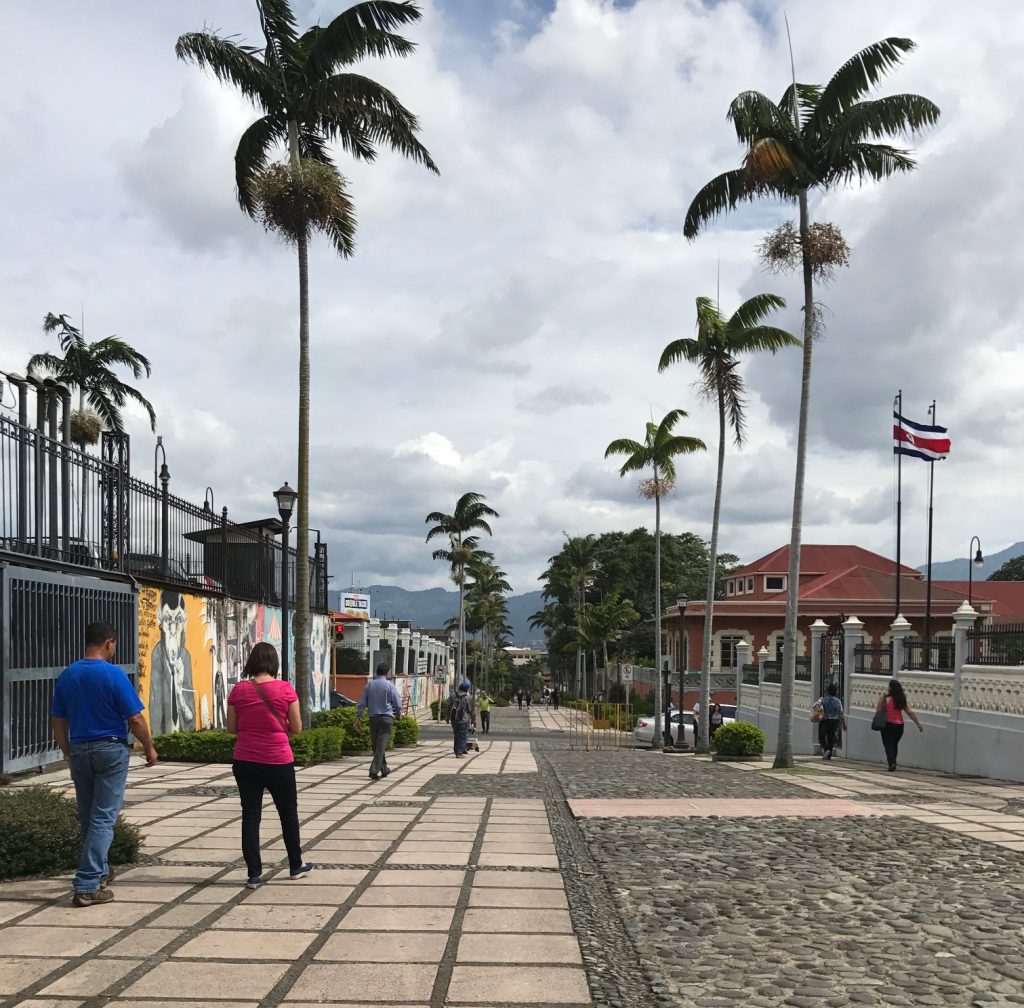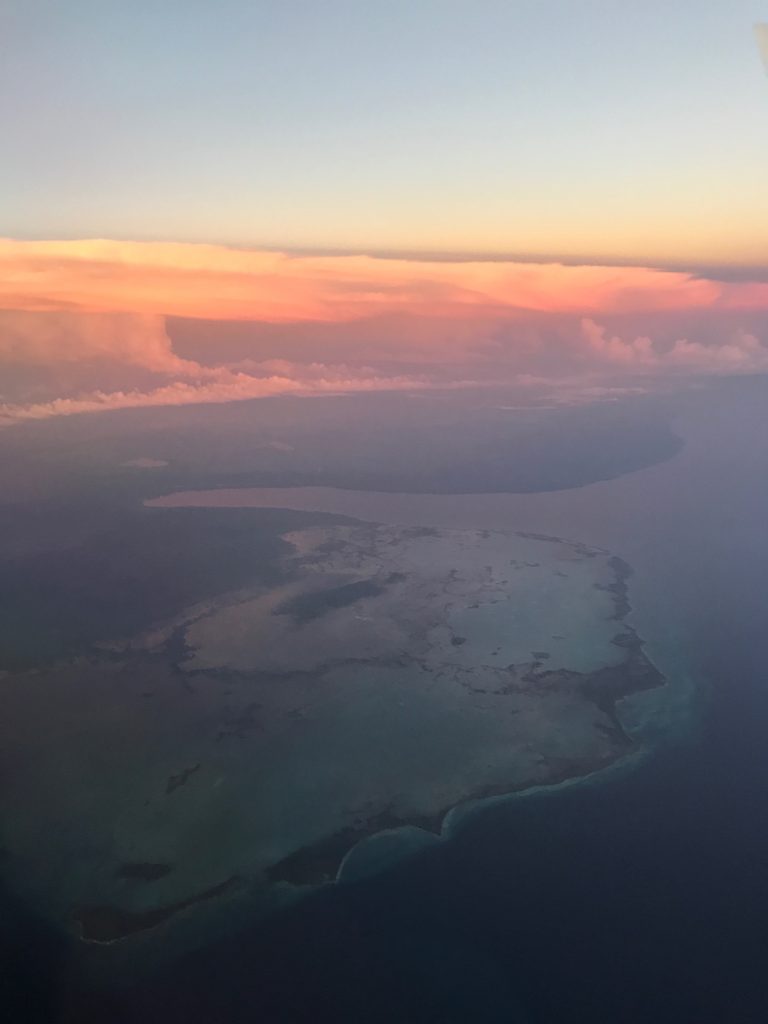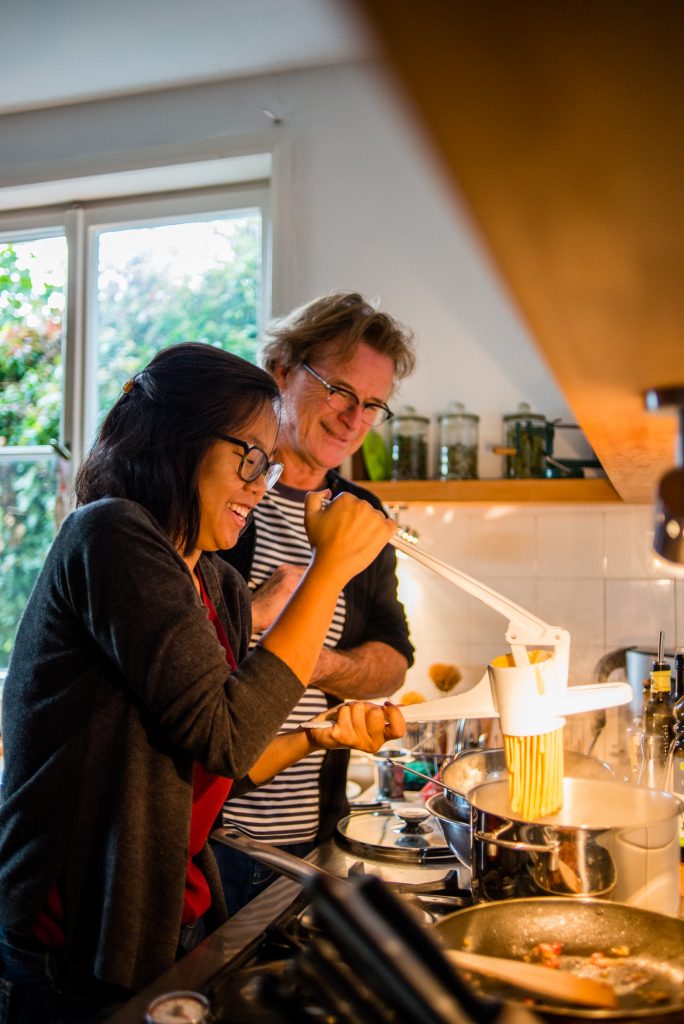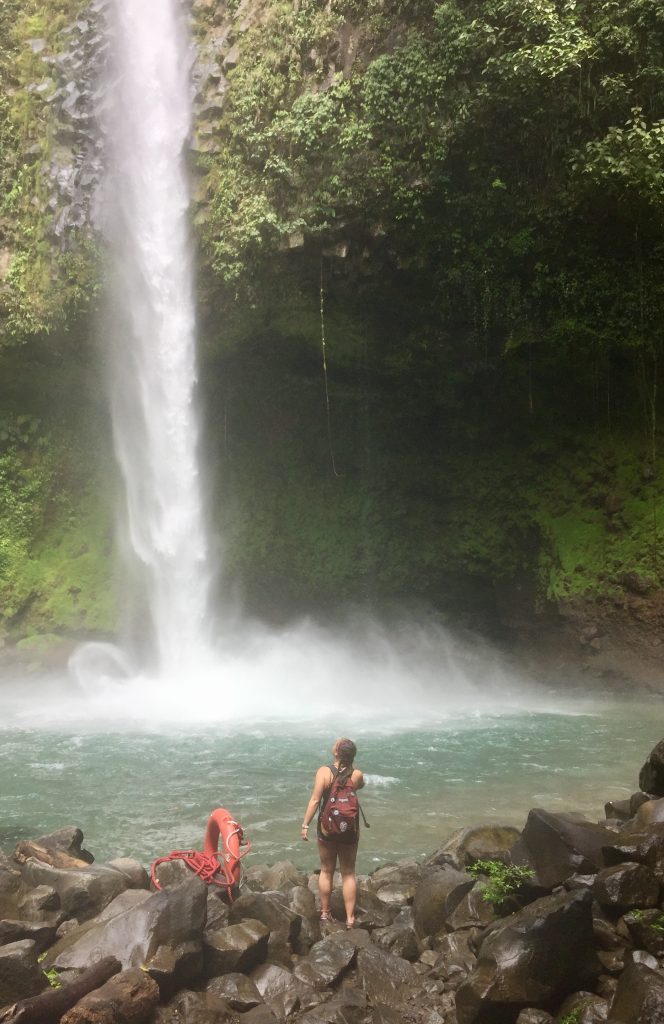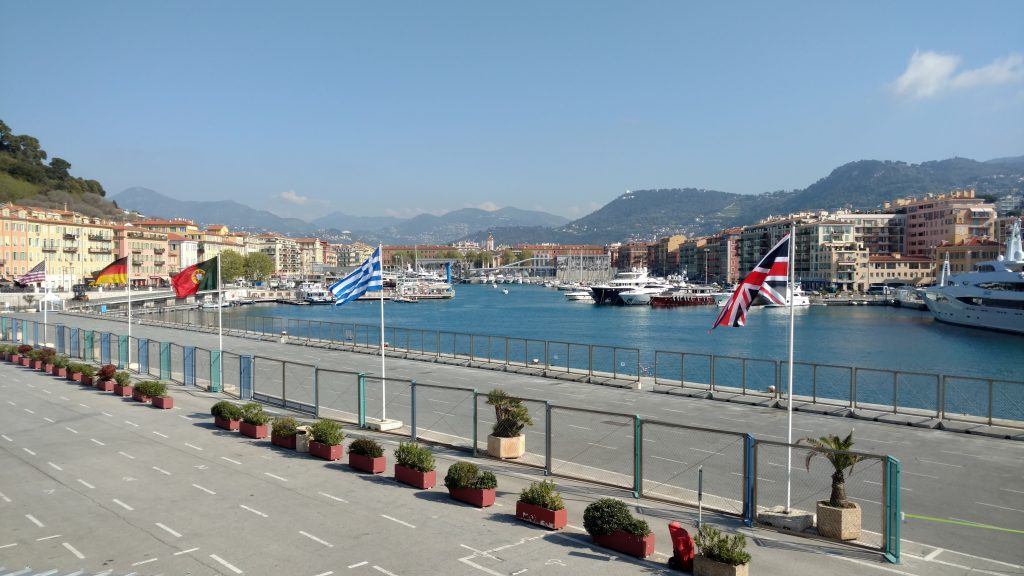Author: Kortney Cena
Location: San Jose, Costa Rica
I was still thinking about the beautiful mother/daughter moment and looking at the pictures I had captured of the precious moment when I heard over the speakers, “Kortney R Cena. Last call for gate 47.” I had forgotten about the time change, and my gate had switched. A couple panicky moments later, I made it onto the second plane of the day, sitting in middle seat of the very last row – probably the least coveted seat of the airplane. But I had no problem with it as it allowed me to get to know this nice kid from Kansas City who wants to be a dental hygienist. A couple hours later, we landed in Kansas City, and everyone who was staying on the plane for its next stop in Denver moved up to get better seats. I didn’t know it at the time, but these people would be the starring characters in my next adventure.
The pilots found a maintenance problem with the plane, so we were asked to get off while they procured another plane for us. Once off and in the gate, we were told over the intercom to sit tight and wait for information. Some people, who were too impatient to do that, asked for information and were turned to the customer service desk. As I sat, waited, and listened to angry voices all around me as they complained about the situation, my ear picked out some soft and less angry Spanish being spoken by 2 of the other passengers – a guy in bright orange and his companion in white. I immediately felt a gush of relief– either because their voices were calm or because Spanish feels like home to me now after 4 months of immersion. And this is when I met Granny. She is a delightful elderly woman, perhaps in her 80’s, but still with plenty of spirit. She wears a flowery dress and a light pink cardigan and is the picture of a cute old woman. Because she has hearing aids, she could not understand the intercom voices and was very confused about the whole situation. She asked me if I was going to Denver, and when I replied yes, she said “Then I am sticking with you!”.
Nearby there was a security officer who was telling people that if our flight had been canceled, we would have to be fit onto other flights to Colorado for that day, and if there were none, we could have to wait until tomorrow for a flight. One lady, wearing all dark black clothes and a darker attitude, hurried off to where the security officer suggested– which was out to the main check-in booth of southwest, outside of security. As Granny stepped up to the officer and started to ask questions of her own, I heard over the speakers someone saying “Denver, line up at gate 39,”so I began to lead Granny in that direction. Eventually we made it to the front where all other passengers who had no boarding passes (because we were already on the plane) were congregating. Southwest had got us a new plane, and we were all ready to get on– except for the lady in black who ran off. As we waited for the new plane to be prepared, I talked to the guy in orange. Turns out he is from El Salvador, a land plagued with gang wars and violence, but he personally was a successful businessman in Houston and was going to Denver to visit family. He was interested to hear that I was traveling from Costa Rica “a land of peace, thanks to God.” Then Granny showed me a picture of her great-grandson. A stressed-out mother tried to placate her fussy two-year-old and complained about her traveling woes, insisting “They had better let us on first. We were supposed to be on the plane first.”
As the plane finally began to load, we were not let on first, but were instead to go after the pre-boarders. Stressed-out mom was furious, and questioned the attendant. Despite her frustration, the attendant still decided to let the wheelchaired and disabled on the plane first. As one pre-boarder, an older man, went through to the plane, Granny turned to me and said, “I should say I’m with him!” Then with a smile, she mock cried out “Oh honey, wait for me!”
In response I answered, “Oh yeah, grandpa, wait for us!”
As we were snickering to ourselves, the other ‘through-travelers’ formed a line and began to get on the plane. Luckily, Granny was an old lady who knew how to use her old-lady-status to her advantage. She got herself in the front of the line and then asked if I, her daughter, could come with her. And that’s how I boarded the flight as the 3rd person and got a second-row window seat.
But just before we could get on, the lady in black appeared. She had a ticket for the flight in her hand. I gathered that she had traipsed around the entire airport, gone through security again, and probably met a lot of resistance to show up at the correct gate (which was in reality only 10 meters from the gate she left earlier) with this ticket. She was frustrated and at her wits end, so she cut to the front of the line, gave the attendant her ticket and asked to board. The attendant, who didn’t know her story, looked and saw in her ticket a boarding number A27, assumed she was just an impatient guest, and he told her to go wait in line. Furious, the lady in black said, “No! No, no, look again, it’s highlighted just for you.”
He let her pass with a begrudging nod, but she turned back, stopped the flow of traffic, and made a scene asking, “What’s your name? Write down your name here.” I assume she wanted to go online and complain about this particular attendant’s service. The other passengers behind me were upset she was making a racket and causing the obstruction in traffic. The Salvadoran in orange shook his head, ashamed for her. He said, “Earlier, she said she was just going home,” implying that there really was no good reason for her to be so worked up about the delay. Though I know she has a backstory that can probably explain all of her feelings and behaviors, I responded, “The people of Costa Rica are so tranquilo, so chill, and I miss that already.”
“Yes”, he responded. Paciencia.
